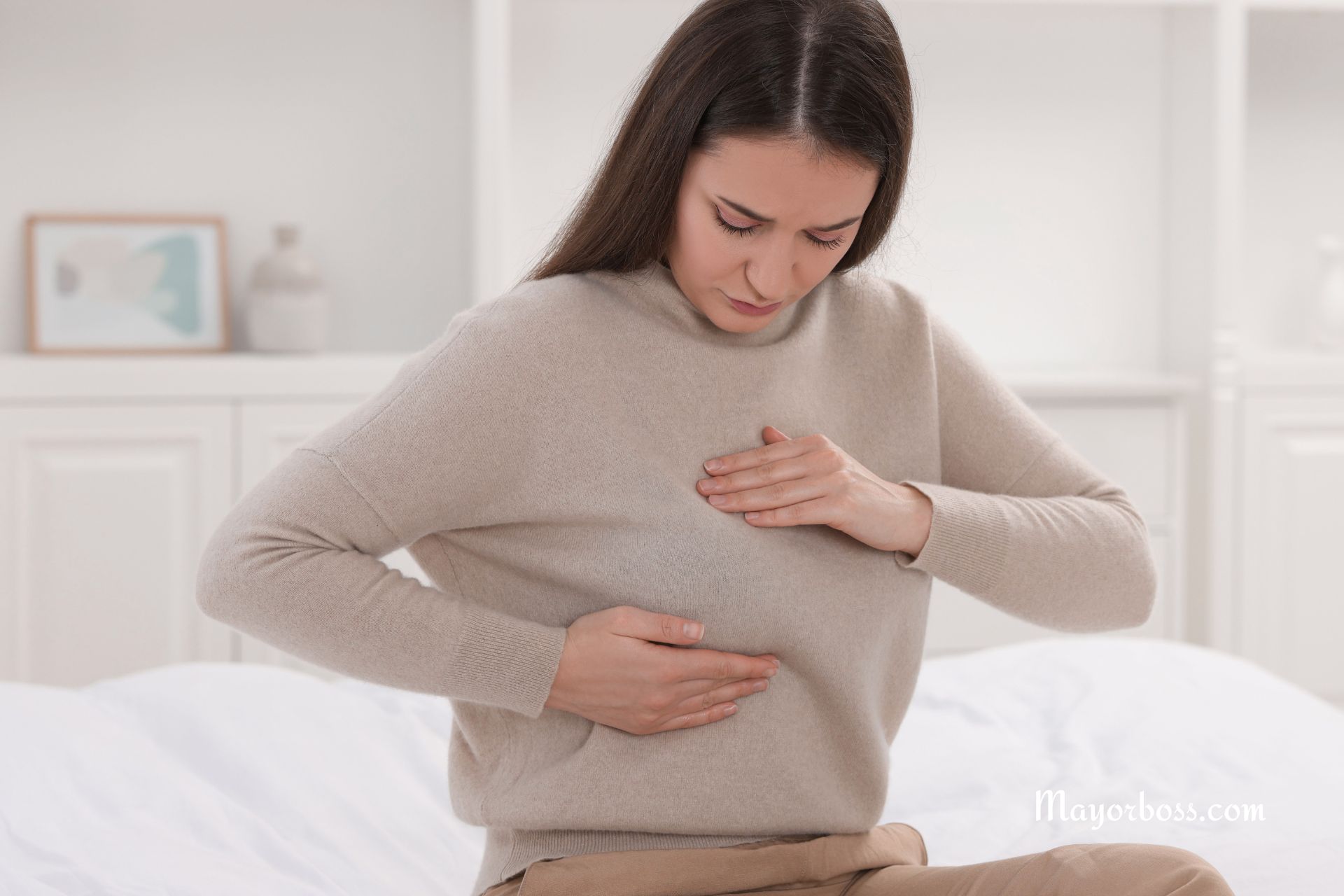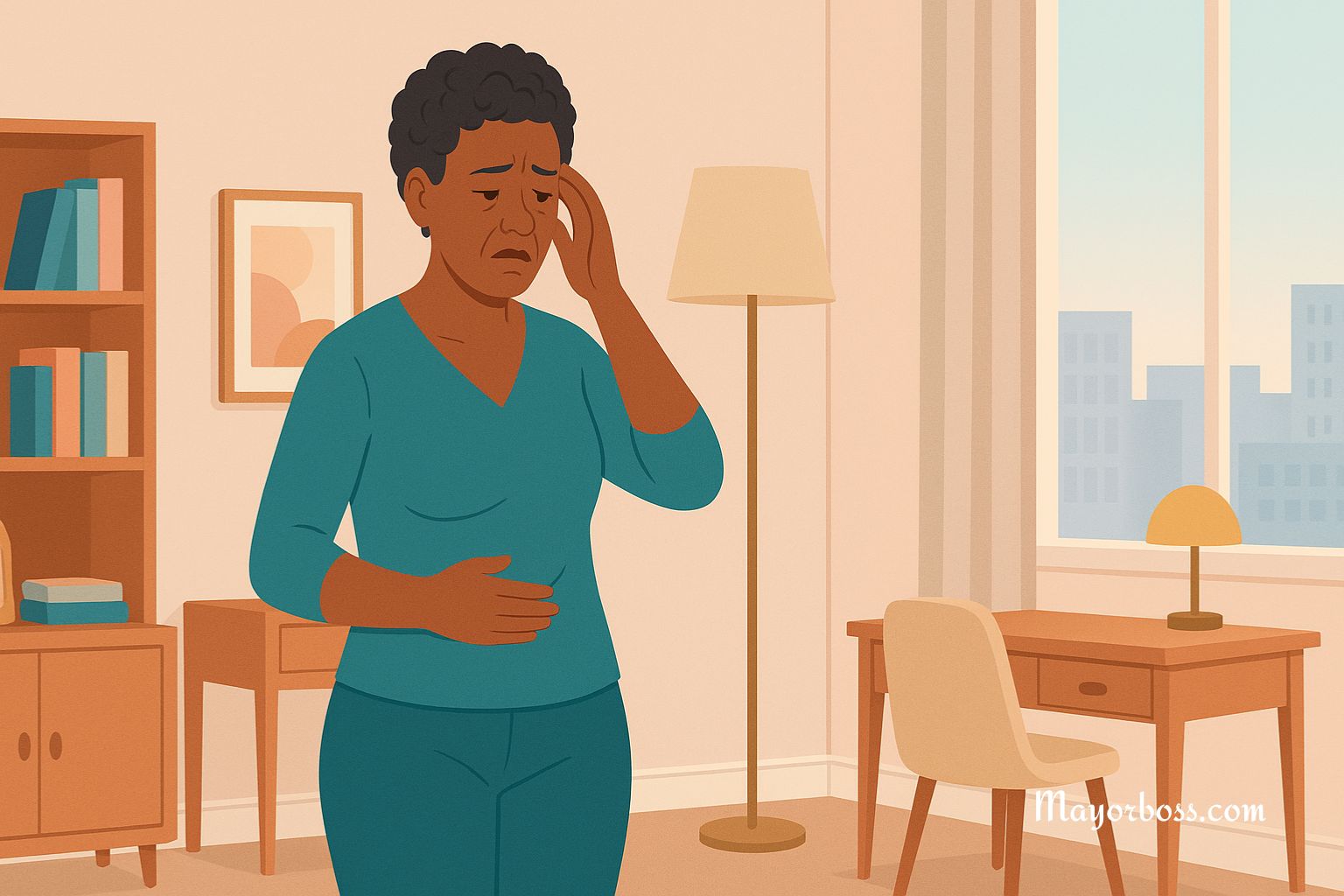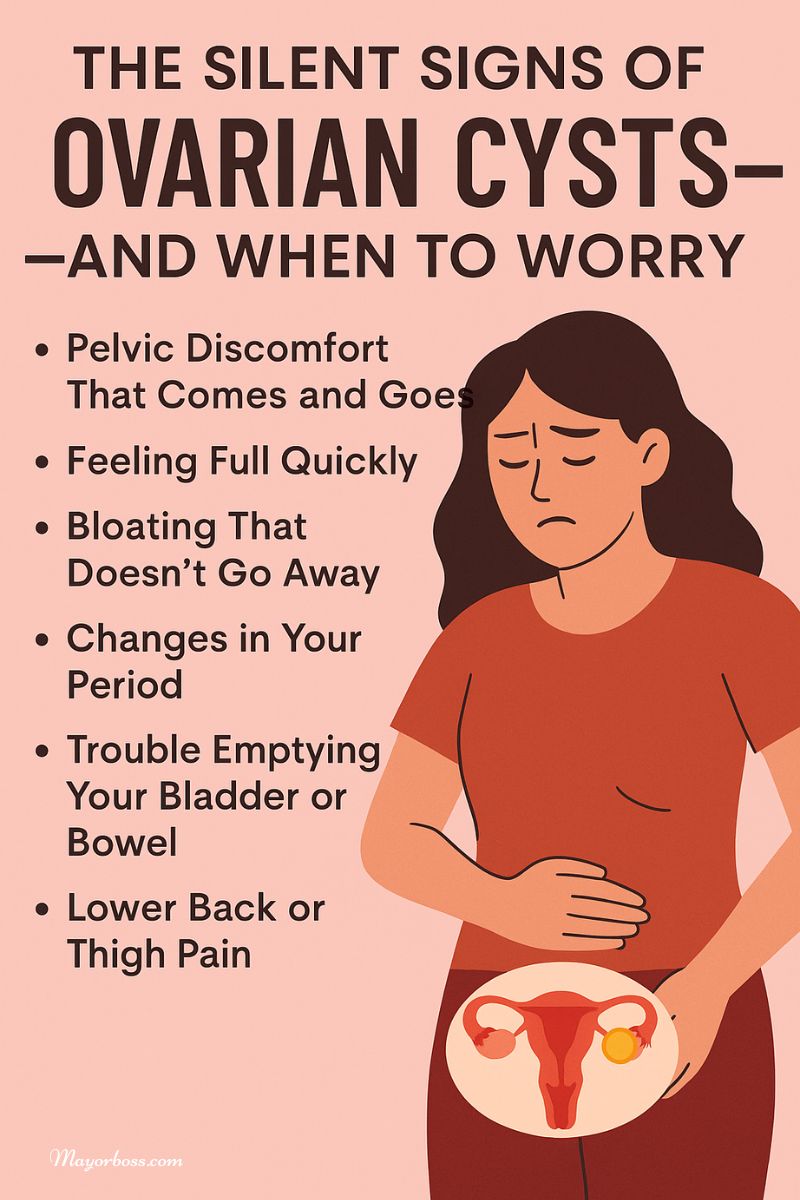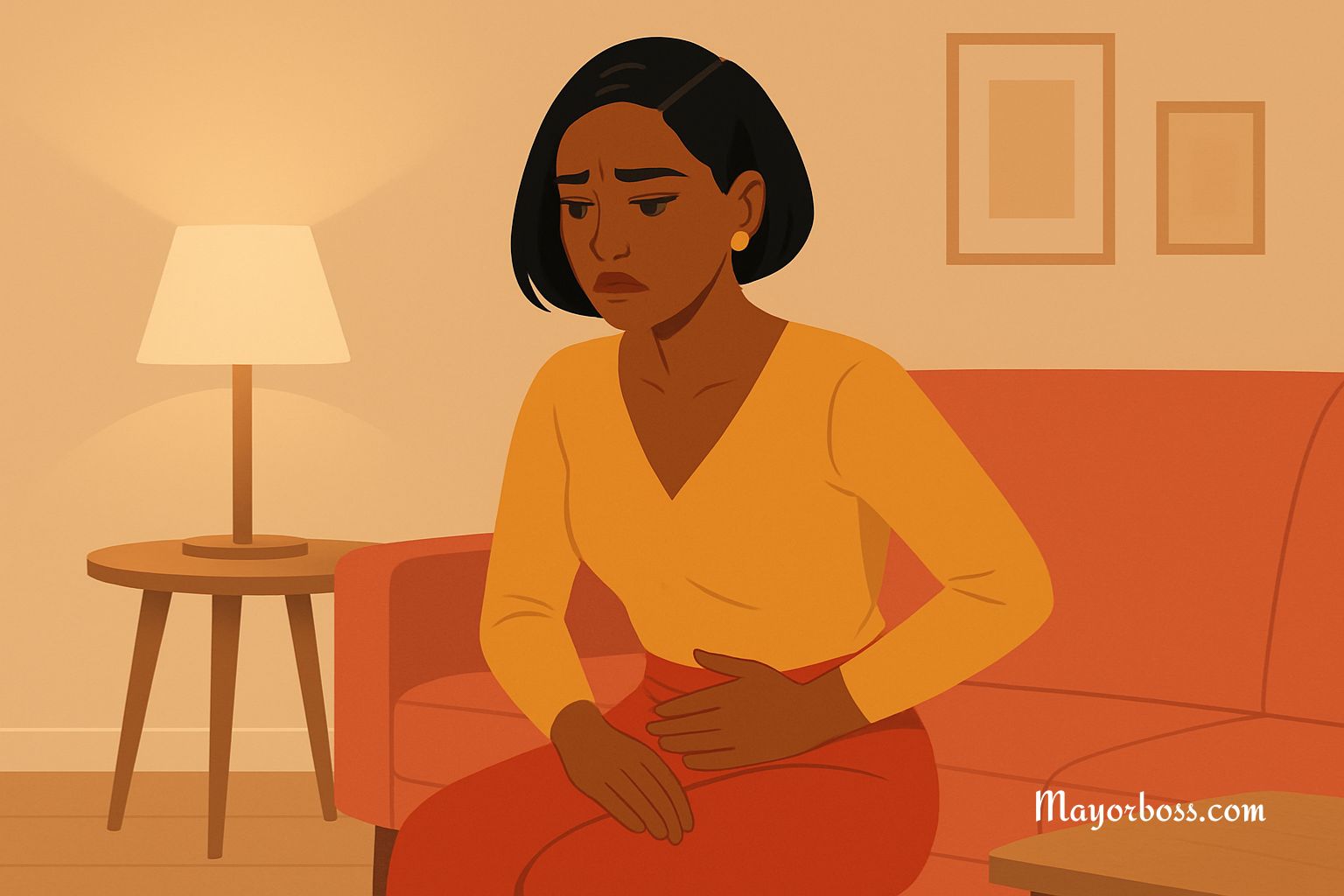Here Are The Top Signs Of High Estrogen
Estrogen is a hormone that affects both men and women. High estrogen happens when your body has too much of this hormone. This can change your mood, weight, and overall health.
There are many reasons why estrogen levels can become high. Being overweight, pregnant, eating certain foods, and having too much stress can contribute. Some medications, like birth control pills, may also increase estrogen. Conditions such as polycystic ovary syndrome (PCOS) can cause hormone problems too.

In this article, we will talk about common signs of high estrogen, what may cause it, and when to see a medical professional.
1. Breast Tenderness or Swelling
When estrogen levels are too high, your breasts may feel sore or swollen. They might feel heavier or more sensitive than usual. If you notice sudden changes in size or shape, it is important to see your gynecologist.
2. Irregular Menstrual Cycles
Estrogen plays a big role in controlling monthly periods. If your estrogen is high, your periods may be shorter, longer, or heavier than normal. You may also spot between periods. While small changes in your cycle can be normal, long-lasting changes could mean a bigger issue. Keep a record of your cycle and tell your gynecologist about any concerns.
3. Bloating and Water Retention
Extra estrogen can cause your body to hold on to more water. This can make you feel bloated or puffy around your stomach, face, or ankles. A little bloating can happen during normal cycles, but major bloating may be a sign of high estrogen. If this happens often, it might be time to talk to a healthcare professional.
4. Mood Swings and Anxiety
Estrogen can affect chemicals in your brain that control how you feel. High levels may lead to mood swings, irritability, or anxiety. You might feel like your emotions are changing quickly. If these feelings come without a clear reason, high estrogen might be the cause.
5. Weight Gain, Especially Around the Hips
When estrogen levels rise, your body can store more fat. You might see weight gain in your hips and thighs. This can happen even if you have not changed your eating or exercise habits. If you notice unusual weight gain, consider having your hormones checked.
6. Headaches
Some people get headaches linked to changes in their hormone levels. If you get more headaches before your period or during other hormone changes, high estrogen could be the reason. Keep track of when your headaches occur and share this information with your doctor.
7. Fatigue and Low Energy
Too much estrogen can make you feel tired and less able to focus. Even if you sleep enough, you may still feel wiped out. Many things can cause fatigue, but if nothing else explains it, high estrogen might be the problem.
8. Hair Loss
Hormones can influence hair growth and shedding. High estrogen may lead to thinning hair or increased shedding. You might see more hair coming out when you brush or wash it. If you are worried about hair loss, talk to a healthcare provider.
9. Fibrocystic Breast Changes
Fibrocystic breast changes are lumps or cysts that are not cancerous. High estrogen can make these changes worse and cause breast tenderness. If you notice new lumps or changes in your breasts, be sure to see your gynecologist to rule out more serious problems.
When to Seek Medical Attention
If you have these signs often or if they become severe, it is a good idea to see a doctor. A blood test can show if your hormones are out of balance. Finding out early if you have high estrogen can help prevent issues like endometrial hyperplasia or breast cancer risk.
Ways to Support Hormone Balance
A healthy lifestyle can help keep hormone levels steady. Some key steps include:
- Regular Exercise: Aim for at least 150 minutes of moderate exercise or 75 minutes of vigorous activity every week.
- Balanced Diet: Eat more fruits, vegetables, whole grains, and lean proteins. Try to avoid processed foods.
- Weight Management: Keeping a healthy weight can help control estrogen levels.
- Stress Reduction: Activities like meditation or yoga can lower stress and help balance hormones.
- Adequate Sleep: Aim for seven to nine hours of good-quality sleep each night.
Takeaway
Experts say it’s not usually a cause for concern. High estrogen can show up as breast tenderness, irregular periods, mood swings, and more. But remember: that everyone’s body is different, so if you think you have high estrogen, talk with your gynecologist or other healthcare provider to find the best plan for you.






